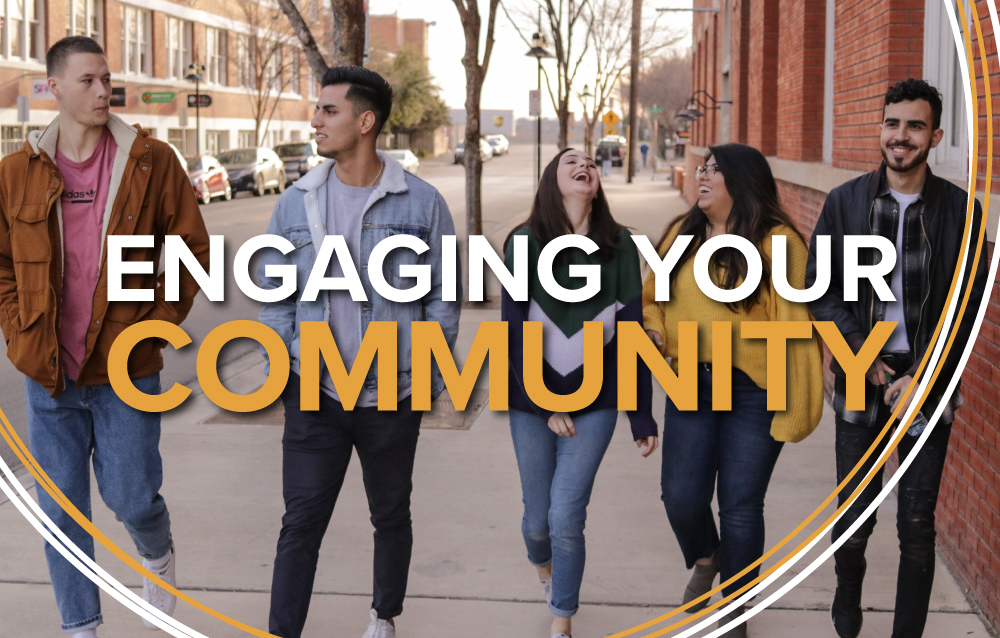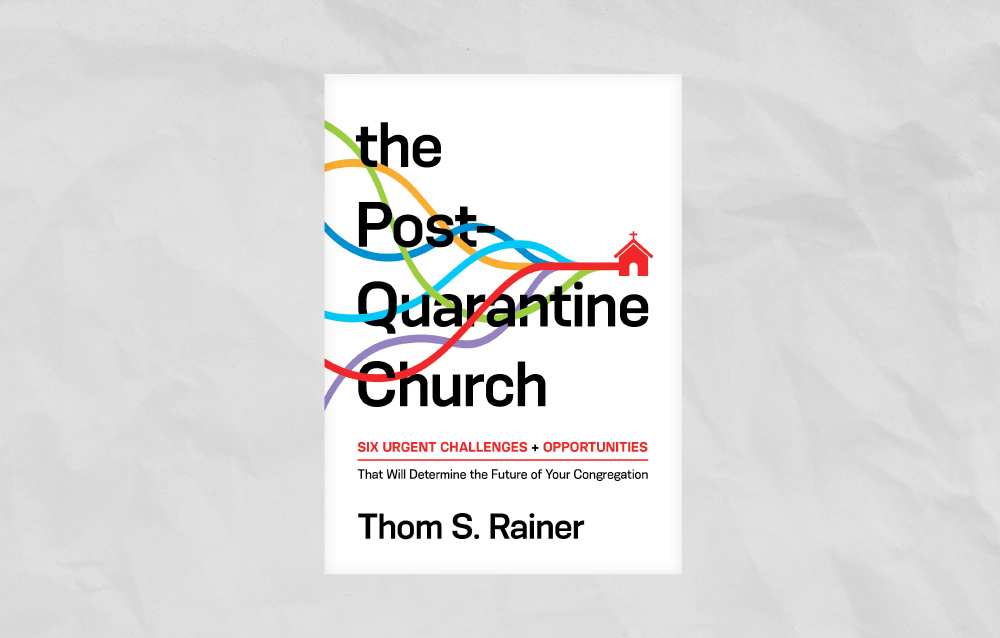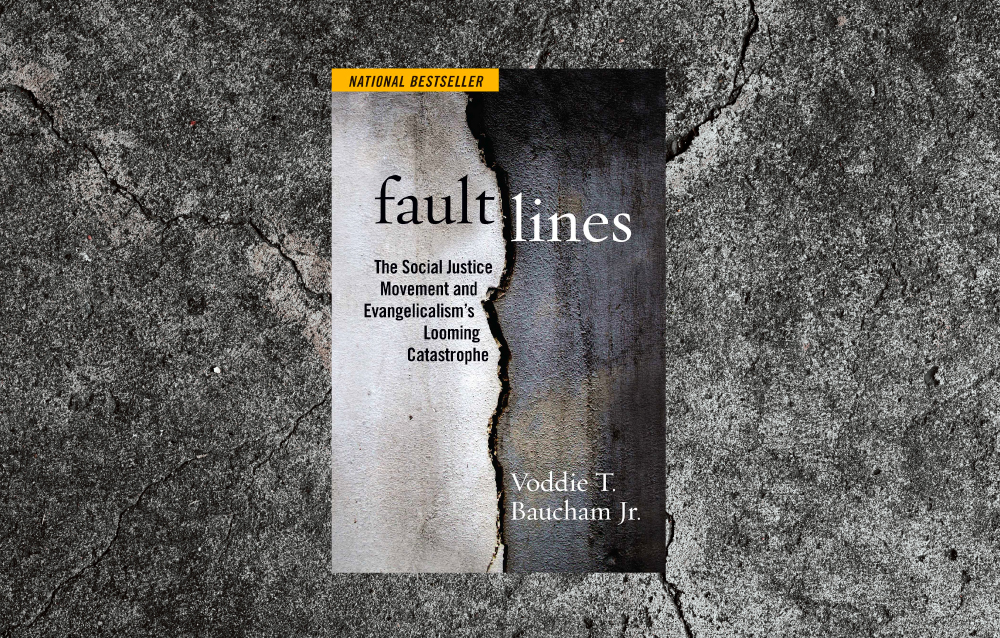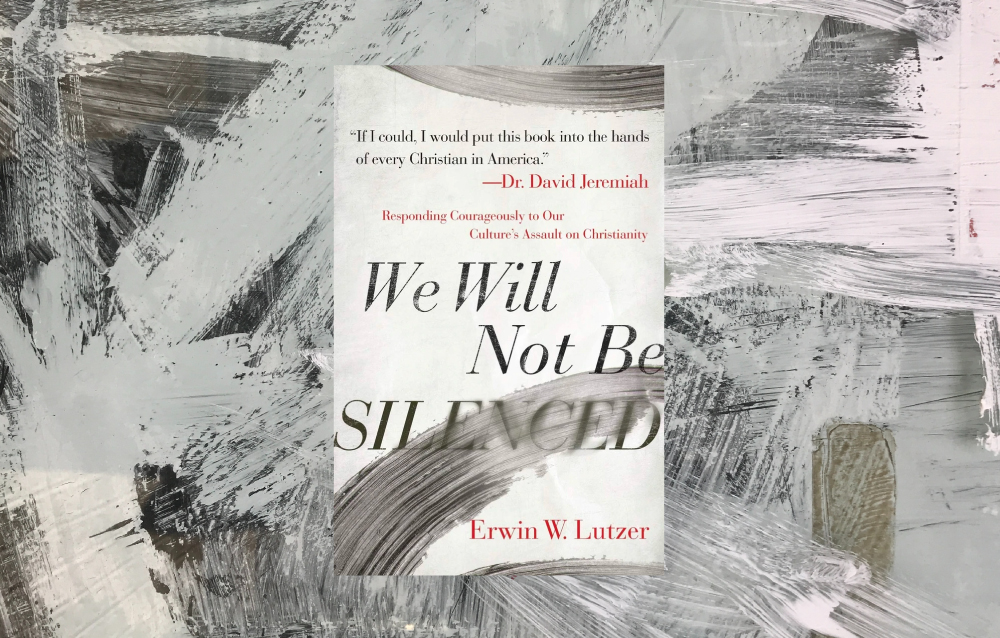
// SUBMITTED BY PASTOR RANDY NELSON
Several years ago, I accepted to call to a small congregation that had three other AFLC churches in the same zip code. It was a rural community on the collar of the Chicagoland area. We had cornfields surrounding us but we were only 20 minutes away from Joliet, IL, a city of over 100,000, and less than an hour from downtown Chicago. The village we lived in, though, was only about 250 people. The predicament was, “How do we reach unchurched people in this small community where so many were connected to our sister AFLC churches?”
Henry Blackaby’s Principles of Experiencing God were invaluable to me as we prayed about what to do. The first principle is God is always at work in the world around you. The key is to recognize what that looks like. Luther’s explanation to the Third Article of The Apostle’s Creed says, “I cannot by my own reason or strength believe in Jesus Christ my Lord or come to Him; but the Holy Spirit has called me through the Gospel, and enlightened me with His gifts, and sanctified and preserved me in the true faith…”
Blackaby’s third principle is that God invites you to become involved with Him in His Work. He then describes how to recognize that invitation. He says that only God can draw people to Himself, cause people to seek after Him, reveal spiritual truth, convict the world of guilt regarding sin, righteousness and judgement, as found in John 14 and confirmed by Luther’s explanation. The key is to prayerfully look where we see people are drawn to God, are seeking after God, are wrestling with spiritual truths, or are convicted of sin, righteousness, and judgement. So how might I see those things in my community among the lost?
Over the next 10 years, God opened up opportunities for me to engage with people by becoming a volunteer police chaplain, firefighter, and EMT in our community. In each of those roles, I had many, many opportunities to engage with unchurched people who were often facing a personal crisis. I was able to help them in real, tangible ways, which led to relationships that in time, opened the door to minister to them as God was working in their lives, as only He could. Some of those individuals were patients or people we helped, but surprisingly, even more were firefighters, EMTs, police officers, and their families. This led to the congregation growing, not only numerically, but also in its concern for the needs of others in our community.
These types of ministry experiences have led me to believe that it is vitally important for congregations to be looking for opportunities to engage their local community in physical and tangible ways as a means to opening the door to sharing the good news of the Gospel with those outside our churches.











Thank you for your feedback!
Please enter your comments below